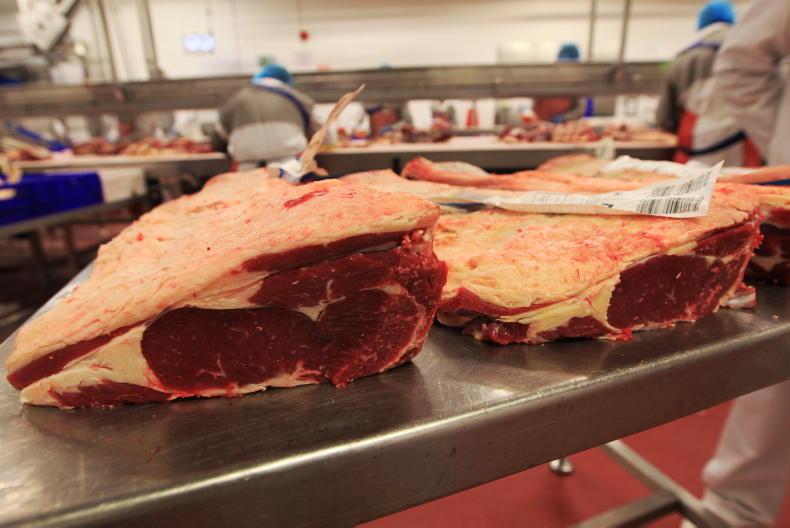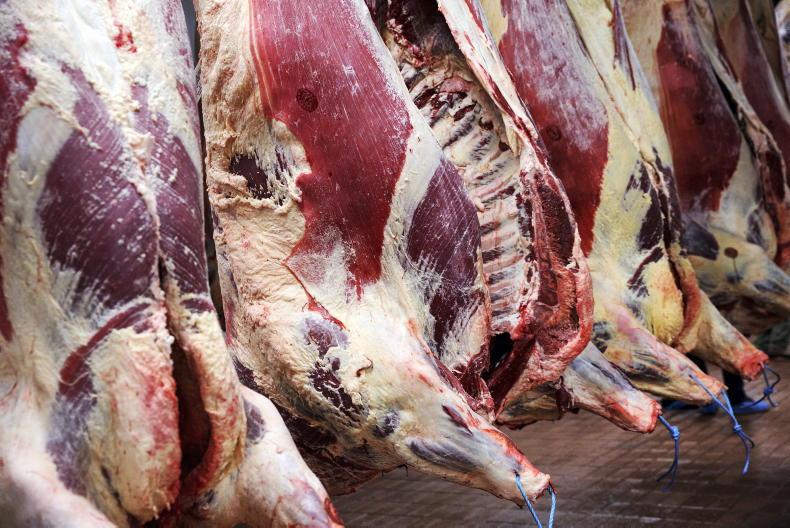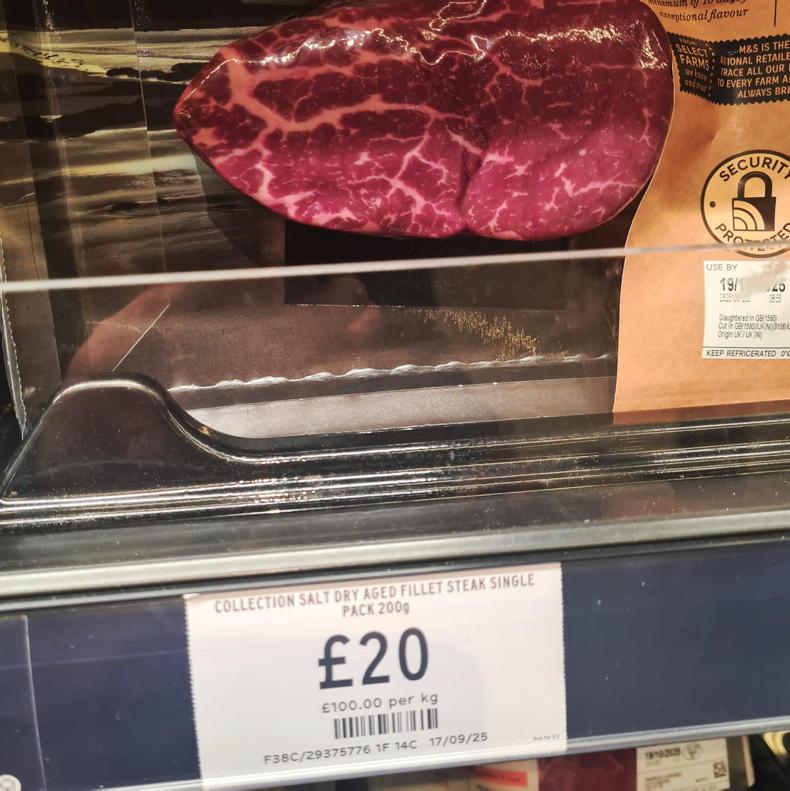Reduced consumption of meat and dairy products across the UK would hit both the NI agri food industry and the wider NI economy, a new study has found.
The research from the Agri Food and Biosciences Institute (AFBI) is based on the Climate Change Committee’s recommendation that UK consumers should buy 20% less meat and dairy products by 2030.
The study found that this would lead to output falling by 6.0% in the NI agriculture sector, by 6.5% in the local food processing sector and by 0.8% across the NI economy overall. It would also lead to close to 4,500 job losses locally, including almost 2,000 jobs on NI farms.
The study, published in the academic journal Local Economy, examines if increasing the production of fruit and vegetables in NI could help offset the impact of lower demand for meat and dairy.
The large fall in British demand for NI beef and dairy is nearly met by an increase in external sales of fruit and vegetables
The AFBI researchers suggest that sales of local fruit and vegetables to markets outside NI could reach £445m by 2030. This would require a significant jump as the latest DAERA statistics indicate that the figure stood at £268m in 2019.
If this scenario played out along with a 20% fall in meat and dairy consumption, the researchers estimate that overall output from the NI economy would be almost unchanged.
“The large fall in British demand for NI beef and dairy is nearly met by an increase in external sales of fruit and vegetables,” the paper reads.
However, it is forecast that overall output from NI farms would still fall by 2.2% with output from the local food processing sector reducing by 0.4%.
Unsuitable
There is limited analysis on the impact that reduced meat and dairy demand would have on NI farms that are not suitable for growing fruit and vegetables. However, the research paper does state that it could lead to “a reduction in land used by NI agriculture” with more land switching to forestry and peatland restoration.










SHARING OPTIONS